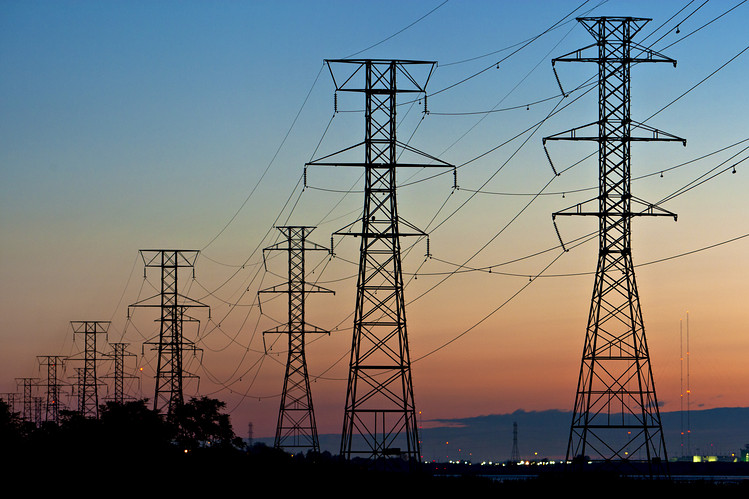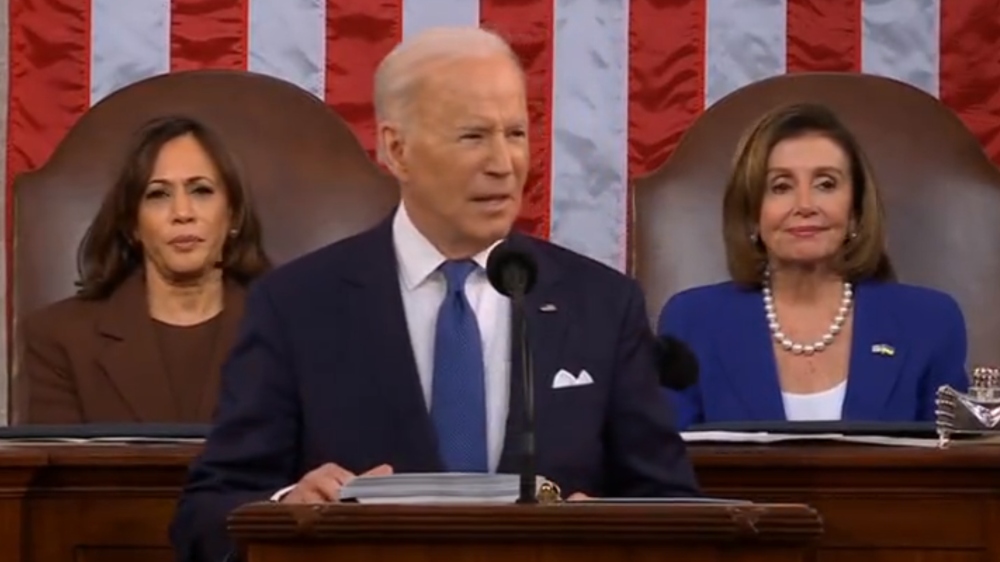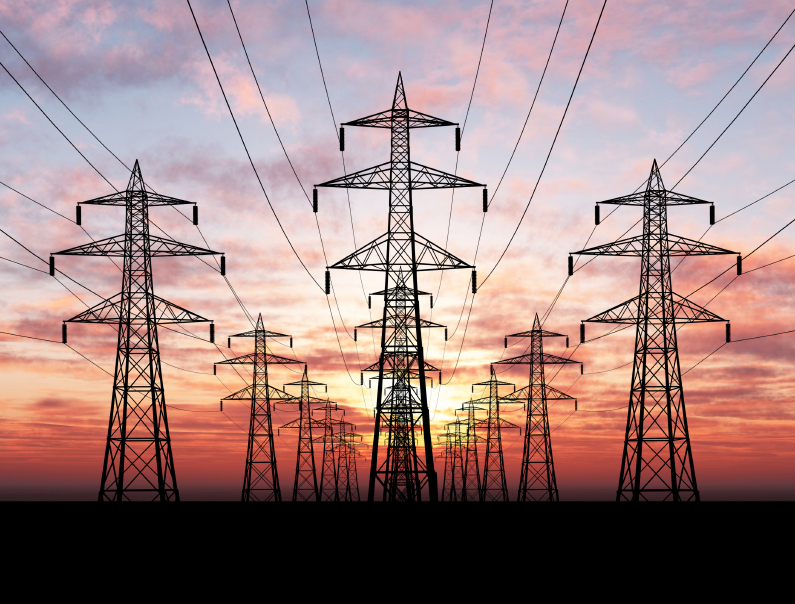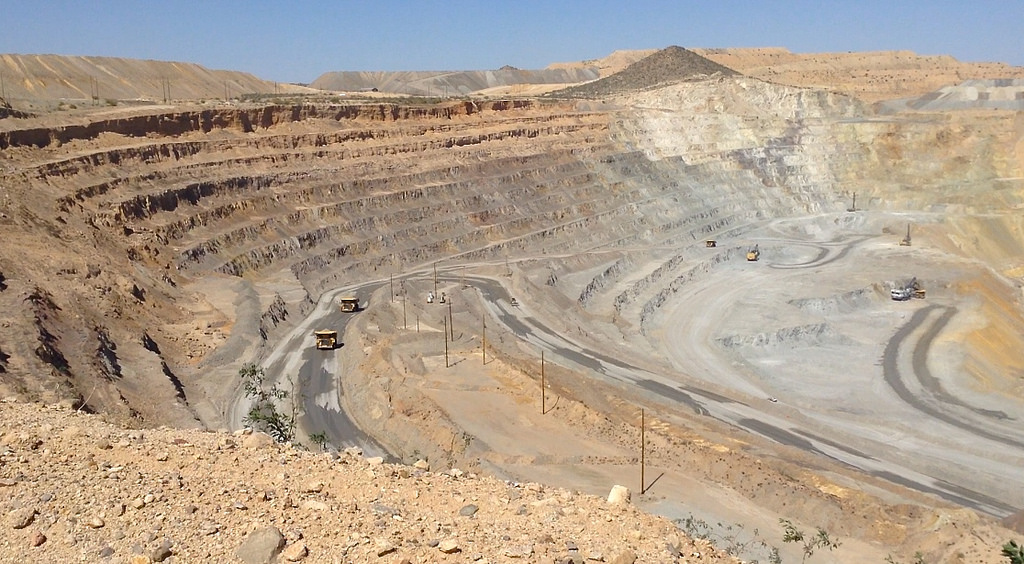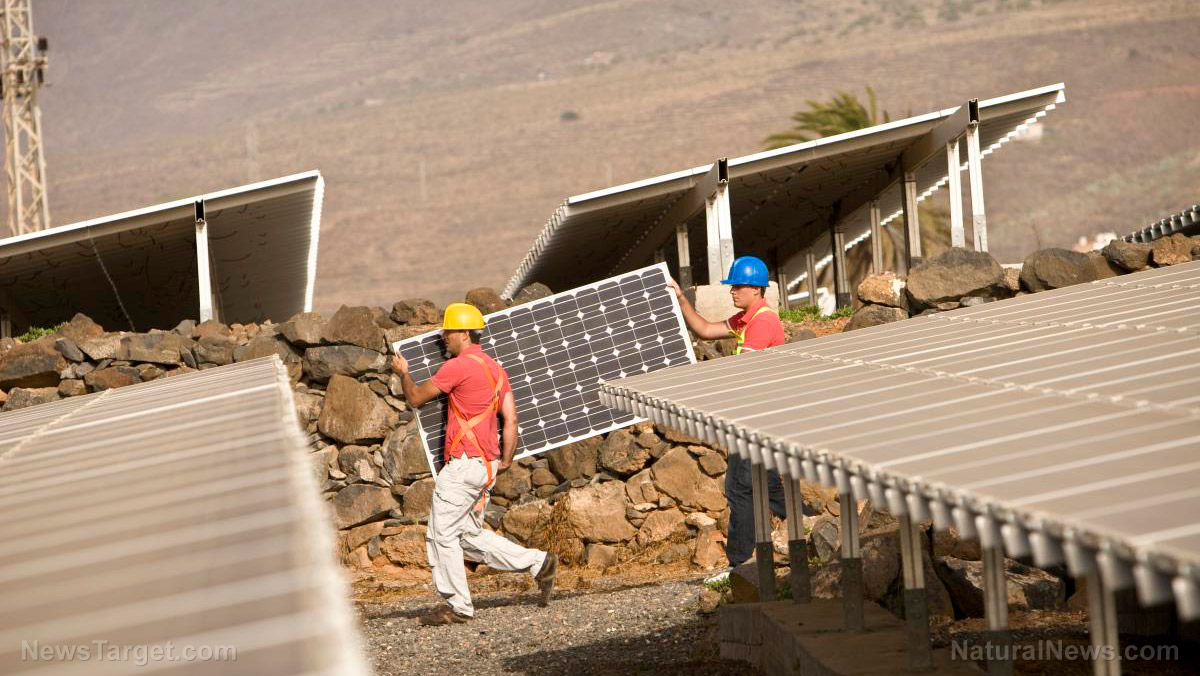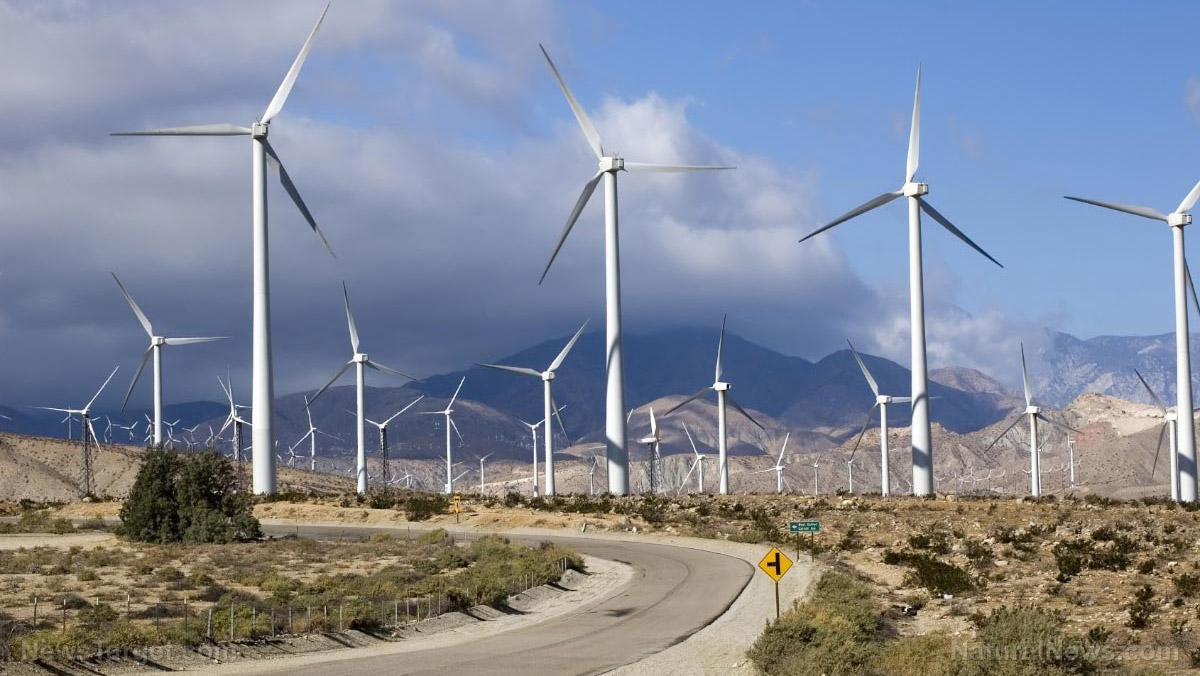Australian green project SCRAPPED because of transport costs
08/03/2023 / By Zoey Sky

Atco, a Canadian gas company, has canceled its plans for one of the first commercial-scale green hydrogen projects in Australia despite strong funding support from the government’s renewable agency.
The cancellation casts a negative light on Australia’s alleged focus on renewable hydrogen.
Renewable projects require a lot of cheap land, but major gas pipelines are rarely built in the middle of nowhere. And if the Australian government invests money into building a pipe network, all the extra public spending could drive up inflationary pressures, which could then increase interest rates and the cost of borrowing money to fund major projects. (Related: Analysts: Biden green energy agenda could cost $1.2T.)
Atco had plans to build a 10 megawatt (MW) green hydrogen electrolyzer next to Bright Energy’s 180 MW Warradarge wind farm in Western Australia which will fuel the plant with renewable energy and produce 4.3 tonnes of green hydrogen annually.
The green hydrogen electrolyzer was one of three green hydrogen projects selected by the Australian Renewable Energy Agency (ARENA) back in 2021 to share in a total of more than $103 million in grants.
But Atco’s $53 million Clean Energy Innovation Park (also called the Mid West project) was canceled because it required trucking the hydrogen to points where it can be injected into the gas network.
Late in July, Atco announced that the green hydrogen project was not viable and that it would relinquish the $28.3 million grant promised by the Australian Renewable Energy Agency (ARENA).
Atco operates the gas reticulation network in the south-west of the state and is involved in the solar-powered hydrogen refueling station at Jandakot near Perth, also called the Clean Energy Innovation Hub. The company said it needs to be located closer to heavy industry where the green hydrogen can be used and where demand will justify the investment. Heavy industry is a type of business that involves large-scale undertakings, big equipment and large areas of land.
Despite the canceled project, Atco said it still plans to build a commercial hydrogen facility.
Atco also postpones pumped hydro project in NSW
Atco also announced that it will postpone a proposed pumped hydro project near Bathurst in NSW as the company “seeks clarity over the state government’s policy frameworks.” The company, however, is still hopeful that the project can proceed as planned in the future.
Construction of the 325MW Central West project is supposed to start next year.
Some say that pumped hydro will require more direct government support – like the Kidston pumped hydro project in Queensland, which is mostly funded by a federal government agency.
In a statement, Atco said the project’s EIS is currently being finalized and that it has to defer its EIS submission until some of the NSW government’s policy frameworks mature, adding that there is “a clear commercial pathway for large civil projects like pumped hydro.”
“This will result in some deferment from our originally anticipated schedule, but we are working hard to ensure critical projects like CWPH are delivered affordably and promptly,” concluded Atco.
Visit GreenDeal.news for more news about green energy projects.
Watch the video below to learn more about revolutionary clean energy technology.
This video is from The Resistance 1776 channel on Brighteon.com.
More related stories:
Terence Corcoran: A not-so-green reality behind the green transition.
Sources include:
Submit a correction >>
Tagged Under:
Atco, Australia, big government, Bubble, Canada, economic riot, energy supply, finance riot, fuel supply, green energy, green hydrogen, green living, Green New Deal, green projects, heavy industry, hydrogen, hydrogen facility, money supply, power, power grid, pumped hydro, renewable projects, risk
This article may contain statements that reflect the opinion of the author
RECENT NEWS & ARTICLES
PowerGrid.News is a fact-based public education website published by Power Grid News Features, LLC.
All content copyright © 2018 by Power Grid News Features, LLC.
Contact Us with Tips or Corrections
All trademarks, registered trademarks and servicemarks mentioned on this site are the property of their respective owners.

